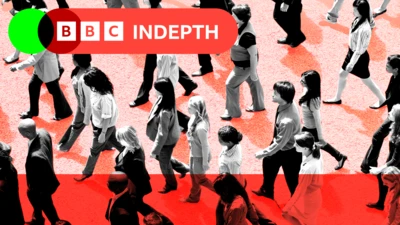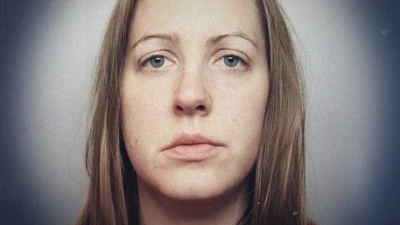We've updated our Privacy and Cookies Policy
We've made some important changes to our Privacy and Cookies Policy and we want you to know what this means for you and your data.
Q&A: Organ donation planned changes in Wales
Politicians are due to cast their vote on a controversial and fundamental change to the organ donation system in Wales.
The Welsh government is hoping to adopt a system of presumed consent for donating organs after death.
The opt-out system, which could be introduced in 2015, would mean everyone is regarded as a willing donor when they die unless they state otherwise.
Assembly members are due to cast their vote on whether to pass the Human Transplantation Bill.
If the Bill is passed, regulations will still need to be approved before it becomes law following Royal Assent.
How will the system change?
At the moment, people must sign the NHS Organ Donor Register or their families must agree before their organs can be used after their death.
Under the new system, there will be two forms of consent in law - deemed consent, by those people who have not registered to opt-out of donating an organ, and express consent, by those who have registered to say they wish to be a donor.
A single register will record whether or not someone wants to be an organ donor. Donors will also be able to record any wish to donate certain organs but not others.
Is it as simple as that?
Not quite. There has been much debate about the role of families in the immensely difficult circumstances in which medical staff are talking to them about what should happen to their loved one's organs.
Health Minister Mark Drakeford recently announced changes to give families a "clear right of objection". He has also said that organs will not be taken unless a family member is present.
Does that mean family members can veto an assumption that organs can be used?
The relatives, or "friends of long standing", can object if they know that the deceased would not have consented. Medical staff would then use their judgement, based on the information provided, to decide whether or not to proceed with using the organs. The information must be "sufficient to lead a reasonable person to conclude that they knew the deceased would not have consented".
What if family members still object, but cannot provide such information?
In law, the deceased consent will be deemed if that person has not opted out of being a donor. In practice, however, clinicians also have a duty not to add to the distress of relatives. Should there be no information indicating the deceased wanted to donate their organs, it is extremely unlikely that medical teams would remove organs against the clear wishes of family members. The family does not, however, have a legal veto.
Does it apply to tourists and university students?
They will need to have been "ordinarily resident" in Wales for at least 12 months before their death.
Who else will the deemed consent principle not apply to?
Anyone under the age of 18, someone from Wales who dies in another part of the United Kingdom and individuals who are not thought to have the mental capacity to make a decision on whether or not to be an organ donor.
How many people stand to benefit?
It's a very small amount. Evidence from other countries with an opt-out system indicates that around 15 additional donors could be provided each year, and approximately 45 extra organs. It is estimated there are around 250 people on a waiting list for a transplant at any one time, 33 people in Wales died in 2012/13 whilst waiting. Welsh ministers believe the new system will save more lives and improve people's quality of life. The Welsh government also says the NHS will save money on expensive treatment such as kidney dialysis which can then be spent on services for patients.
What organs are involved?
The same as with the current system. They include organs and tissues such as kidneys, heart, liver, lungs, pancreas, the small bowel, skin, bone, tendons and cartilage.
Will the organs only be used in Wales?
No, organs donated in Wales may go anywhere in the UK and vice-versa, as is the case now.
When is the new system due to start?
From 2015, to allow time for a major public information campaign.
Top Stories
More to explore
Most read
Content is not available








